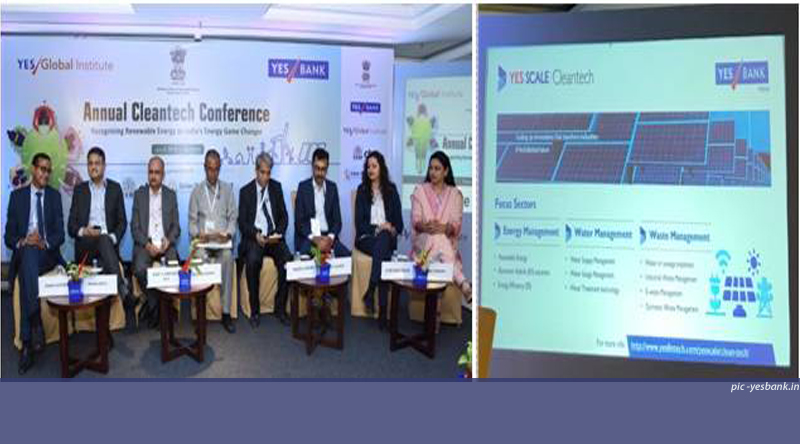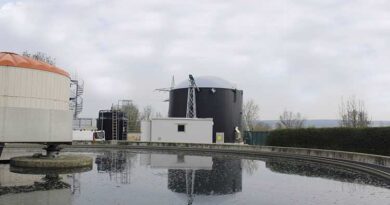Yes Bank launches ‘Yes Scale’ cleantech Accelerator Program

Yes Bank, among the bigger and more aggressive private sector banks in India, has launched its cleantech accelerator program ‘Yes Scale’ in collaboration with the Ministry of New and Renewable Energy.
The program will aim to help start-ups working in the fields of energy efficiency, waste management, and water management with access to technology, mentorship, funding, and market entry. Affiliated start-ups that are accepted by the accelerator program along with all the technical and market assistance with also be able to receive up to ₹2 million in funding as a pilot grant or for proof of concept.
YES Bank has been one of the most active financial contributors in the country over these last few years when it comes to encouraging investment in the country’s renewable energy sector. This program in line with their idea will also focus on multiple sectors like smart cities, clean technology, agricultural technology, life sciences technology, educational technology, to find and bring out ideas that with a little nudge can make a big difference in the sector.
Rana Kapoor, MD & CEO of Yes Bank, said in a media release statement, “This is fully in line with the bank’s vision since inception – which was to cater to the ‘sunrise sectors of India’s economy’ using knowledge banking to deliver impactful ecosystem solutions.”
YES Bank at the beginning of the year announced that it would provide up to ₹64 billion to finance solar photovoltaic (PV) projects in the country by 2023 and ₹320 billion by 2030 at the International Solar Alliance (ISA). In line with these ambitions, the bank has already signed five solar energy co-financing Letters of Intent (LoI) worth a total capacity of ~13.5 GW with Hero, Greenko and Amplus. All of these solar projects are in India and expected to be completed by 2023.
With all these initiatives, agreements and collaborations with foreign development banks like the European Investment Bank or Proparco development bank of France, Yes Bank could be well on its way to demonstrating a model for other private sector financiers in India to engage with the renewables and green sectors.
Readers may not recall, but Yes Bank initially had the Netherlands Rabo Bank as a significant shareholder, with serious plans to focus on the segments the Rabo Bank was strong in, namely agriculture and related areas. As it turned out, Rabo Bank exited in 2010, leaving Yes Bank to chart its own course when it comes to issues around sustainability.
copyright:iamrenew.com




